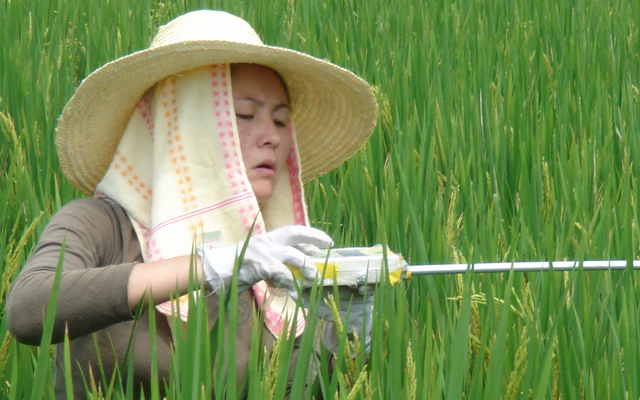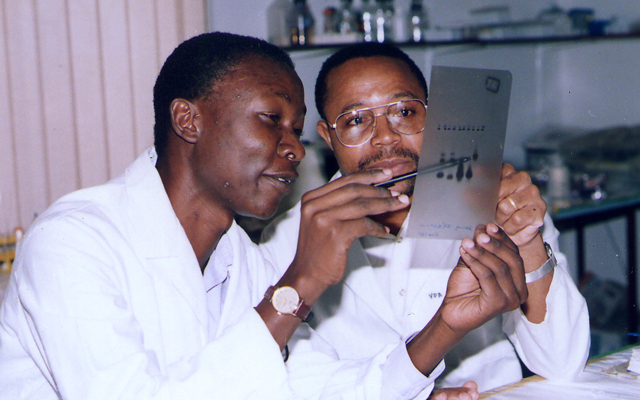With only 2% of sustainability science produced by researchers in low- and medium-income regions, the world needs young scientists from the developing countries to embrace an ambitious approach to their research.
Now, the Elsevier Foundation and TWAS have joined to establish a new international competition that will encourage young scientists to focus on critical issues such as population growth, energy, food security and climate change. The "Sustainability Case Studies" competition is open to about 1,000 current PhD fellowship recipients from TWAS and the Organization for Women in Science for the Developing World (OWSD).
The call will close on 1 February 2017.
The contest is designed to encourage young researchers to identify innovative solutions through the exploration of real cases.
"The goal of the Elsevier Foundation-TWAS partnership is to stimulate the participation of early-career scientists from developing countries to tackle the key challenges outlined in the UN Sustainable Development Goals (SDGs)," explains Ylann Schemm, programme director of the Elsevier Foundation.
The competition should spark the awareness of sustainability science among young researchers and encourage a deeper understanding of how research in the developing world can contribute to achievement of the SDGs, Schemm added.
"The Elsevier Foundation-supported programme opens the door to a new type of reflection on sustainability issues," says TWAS Programme Coordinator Max Paoli. "The competition will both raise awareness and feature case studies in different areas of the world. This will allow us to identify amongst TWAS and OWSD PhD awardees potential future leaders in the multidisciplinary fields of sustainability science."
For their write-ups, scientists may choose one of six areas derived from the SDGs: green and sustainable chemistry, energy, agriculture and food security, science education and the workforce, climate change and disaster and risk reduction.
"The topics we chose struck us as a great starting point that align with some of our core interest areas," Schemm explained. "We have also underscored that case studies which apply a gender lens to their research will be especially valued." The best essay in each of the six categories will win a cash award.
The Elsevier Foundation (www.elsevierfoundation.org) is funded by Elsevier, an Anglo-Dutch provider of scientific, technical and medical information products and services. Over the past decade, the Foundation has awarded over 100 grants worth several million dollars to non-profit organizations focusing on the world's libraries, nursing faculties and early- and mid-career women scholars.
The Foundation and TWAS have been partners since 2010: they both focus on research that supports and drives sustainable development. They share a number of projects and initiatives, including the awards for early-career women scientists in the developing world, which aim at recognizing excellent research and cultivating a new generation of scientific leaders.
Cristina Serra

